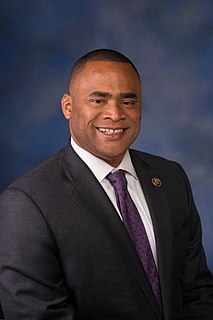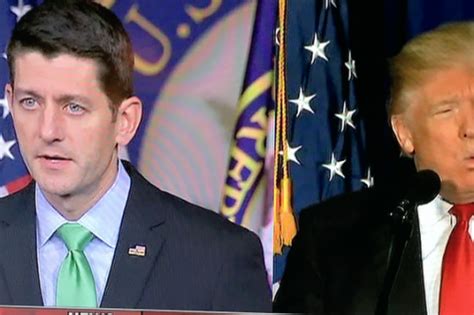A Quote by Alexandria Ocasio-Cortez
Public schools in the late '80s and early '90s were a total mess... we felt that if I was going to have a good educational option in my life, I would have to go to a public school district that actually served its children.
Related Quotes
School choice opponents are also dishonest when they speak of saving public schools. A Heritage Foundation survey found that 47 percent of House members and 51 percent of senators with school-age children enrolled them in private schools in 2001. Public school teachers enroll their children in private schools to a much greater extent than the general public, in some cities close to 50 percent.
In many places it is literally not safe physically for youngsters to go to school. And in many schools, and its becoming almost generally true, it is spiritually unsafe to attend public schools. Look back over the history of education to the turn of the century and the beginning of the educational philosophies, pragmatism and humanism were the early ones, and they branched out into a number of other philosophies which have led us now into a circumstance where our schools are producing the problems that we face.
Apparently almost anyone can do a better job of educating children than our so-called 'educators' in the public schools. Children who are home-schooled by their parents also score higher on tests than children educated in the public schools. ... Successful education shows what is possible, whether in charter schools, private schools, military schools or home-schooling. The challenge is to provide more escape hatches from failing public schools, not only to help those students who escape, but also to force these institutions to get their act together before losing more students and jobs.

































